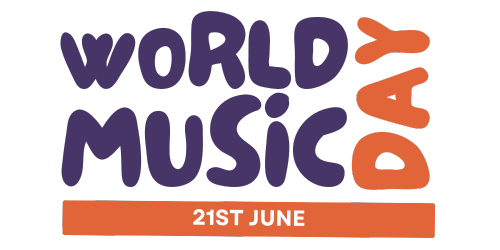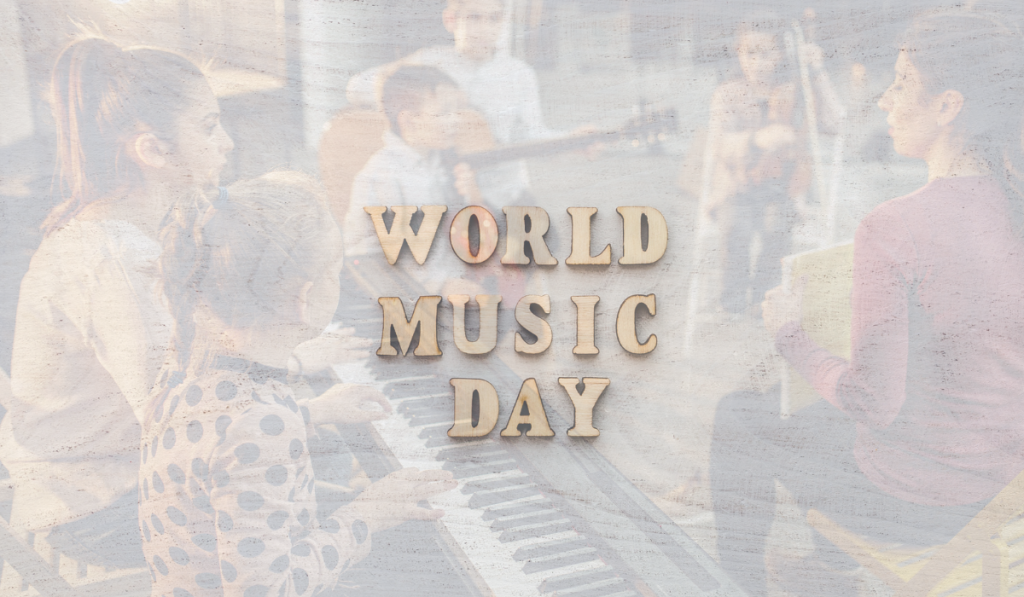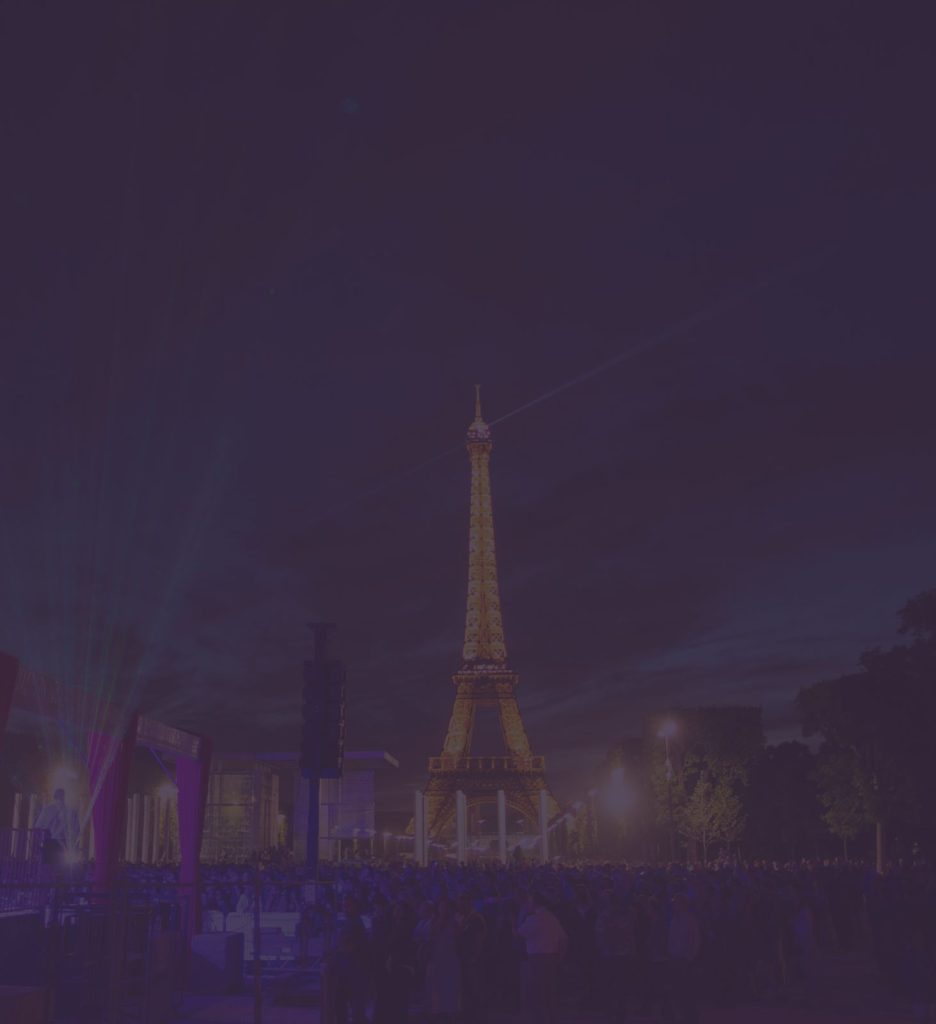When Did World Music Day Start? The annual event known as World Music Day, or Fête de la Musique, began in 1982 in France. The origins of the event can be traced back to the French Minister of Culture, Jack Lang, who first proposed the idea as a way to promote music and bring people together. Lang believed that music had the power to unite people from different backgrounds and cultures, and he wanted to create an event that would celebrate this diversity.
He envisioned an event that would be inclusive and accessible to all, regardless of socio-economic status, race, or age. Lang’s concept was to hold free concerts and performances in public spaces such as parks, squares, and streets, so that music could be enjoyed by everyone. He also wanted to create a platform for local musicians to showcase their talents and for people to discover new music.
When Did World Music Day Start? The first World Music Day was held on June 21st, 1982 in Paris, France. The event featured free concerts and performances in public spaces such as parks, squares, and streets. The idea behind these free public performances was to make music accessible to everyone, regardless of their financial means.
When Did World Music Day Start? The success of the first World Music Day in France led to the event being adopted by other countries around the world. This day is dedicated to the celebration of music in all its forms and is recognized in over 120 countries worldwide. Cities such as Berlin, London, New York, and Sydney host a variety of events to mark the occasion. These events range from outdoor concerts and music festivals to community gatherings and street performances.
In addition to free concerts and performances, World Music Day also includes other activities such as workshops, masterclasses, and competitions. These events are organized by local governments, schools, and community groups, and they provide opportunities for people of all ages and backgrounds to learn about and participate in music.
The celebration of World Music Day has had a significant impact on the music industry, leading to the creation of various other music-related events and initiatives. One of the most notable effects is the rise of music festivals held in cities around the world. These festivals, often organized by local governments and community groups, provide a platform for both established and emerging musicians to perform and showcase their talents. Additionally, many cities have also started to host international music competitions and awards, further promoting the celebration of music and musicians.
The impact of World Music Day is not limited to just live performances and events. It has also been a catalyst for the creation of music-related initiatives such as music education programs and music therapy. Music education programs, often organized by schools and community groups, provide opportunities for people of all ages to learn about music, instruments, and composition. Music therapy, on the other hand, uses music as a medium to help individuals with mental and emotional issues, providing them with an outlet for expression, and promoting their overall well-being.
When did World Music Day start?
World Music Day, or Fête de la Musique, began in 1982 in France. It is an annual event that celebrates music and promotes cultural unity. It has since spread to more than 120 countries and is marked by free concerts and performances in public spaces, as well as other activities such as workshops, masterclasses and competitions. It has also led to the creation of other music-related events and initiatives, providing an opportunity for people of all backgrounds to learn, participate and enjoy music.
Looking to run some World Music Day lessons in your primary school? We recommend this lesson plan & activity pack from The Musical Me.
Or just want to keep reading, no problem, here’s your next read, What Countries Celebrate World Music Day?



